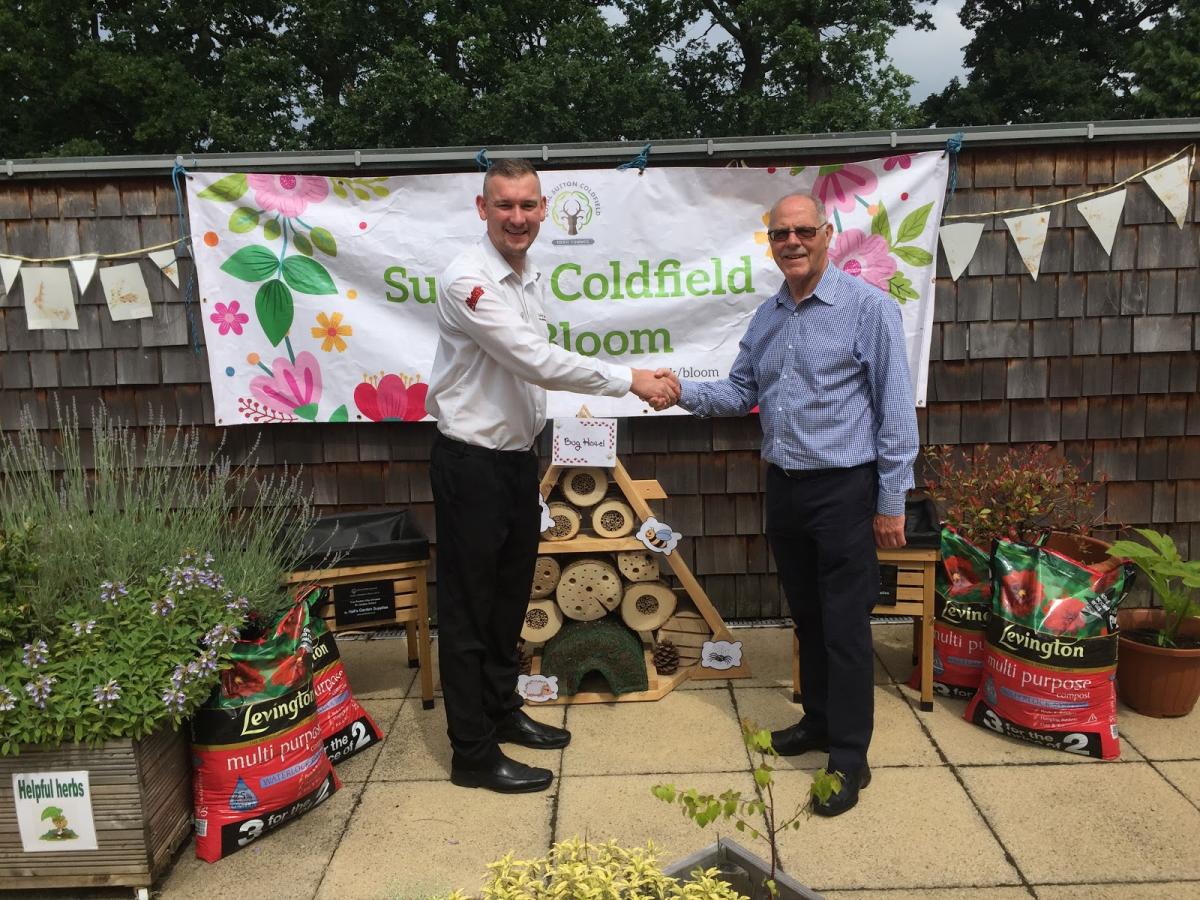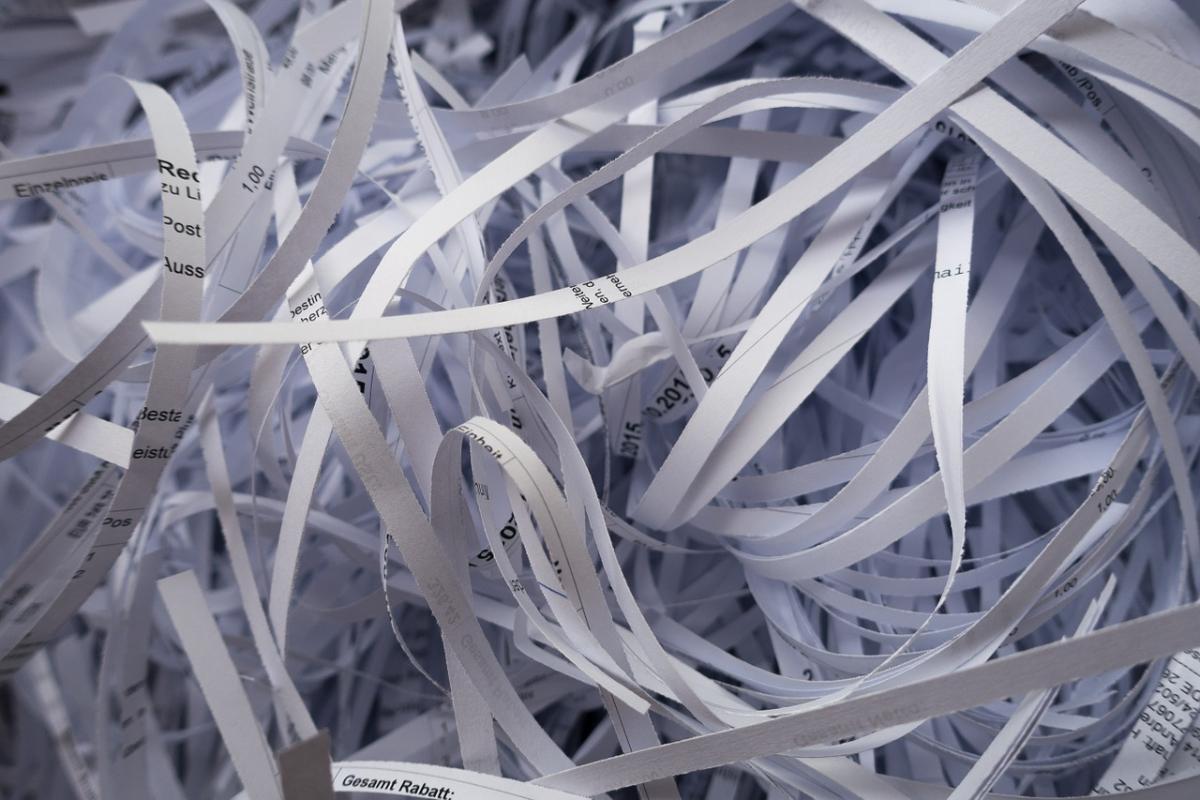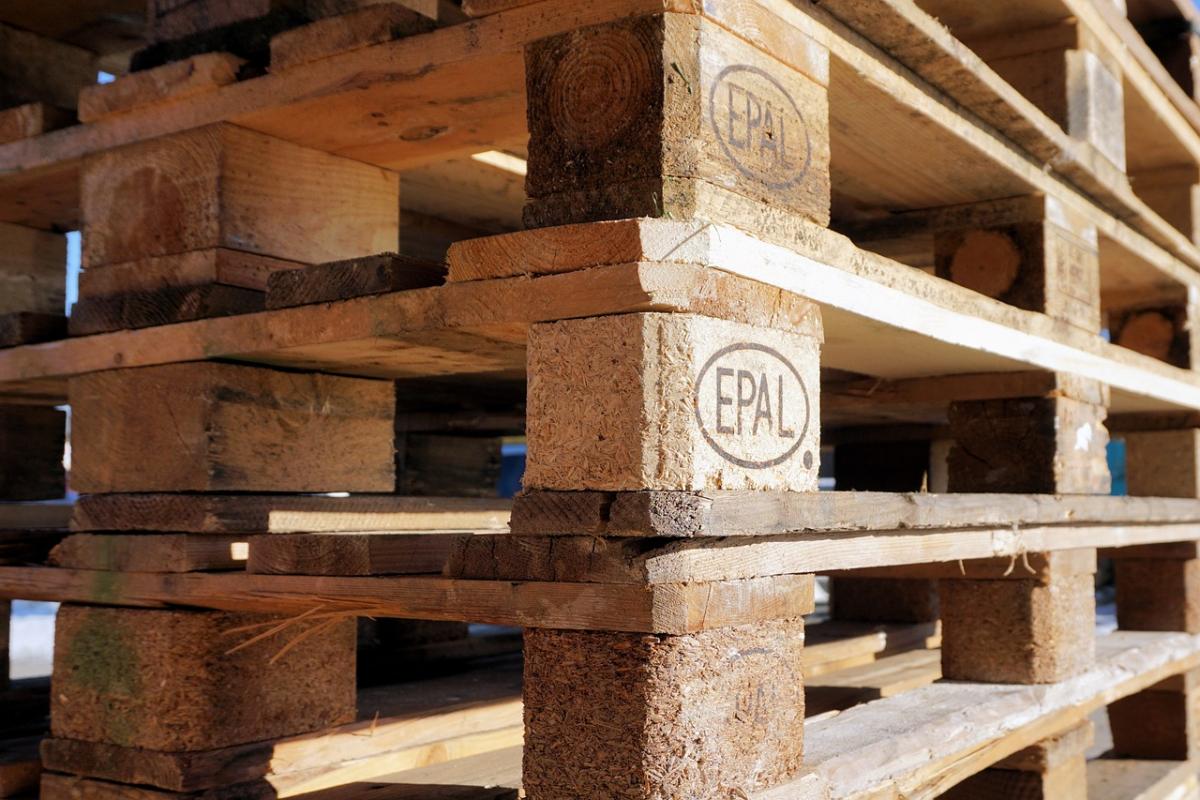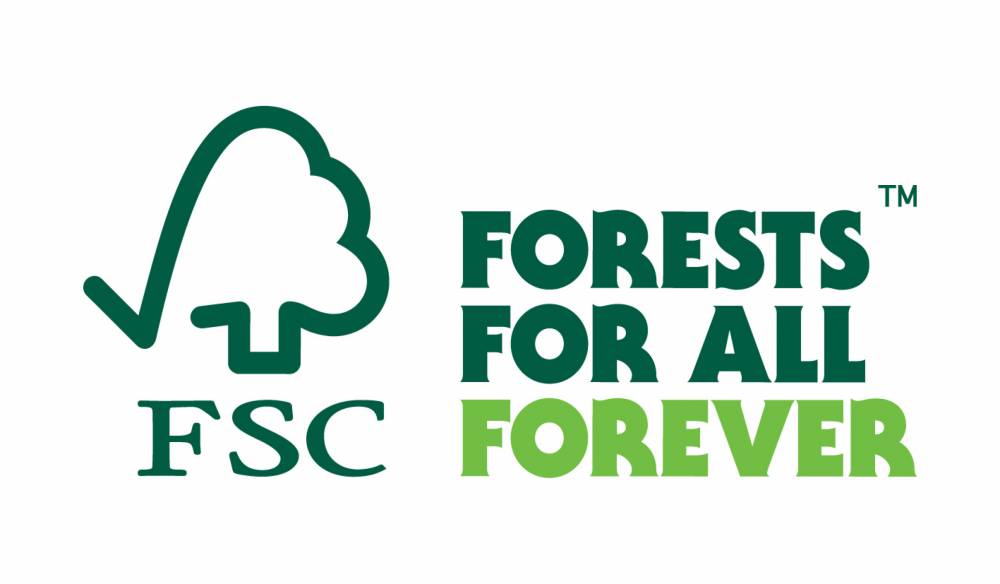Green Policy

When I decided to start running in June 2001 in an attempt to stay in shape, I hated it. I was out of breath, hot, blistered and I felt I could have done so many other things in that half an hour. But I’m nothing if not determined. So I persevered because I knew I had to make a positive lifestyle change.
Two years later my wife Kay commented that running had become the most important thing in my life as she noticed I would still go out running even though there were ‘more important’ things to be done that day. And she was right. It became an integral part of my lifestyle and had to be accommodated.
Re-cycling, being more green, helping the environment, protecting the planet, or whatever else you may want to describe it as has to be the same - an integral part of our lives. That’s my belief.
Working with the Local Community

Helping to organise ‘Sutton Coldfield in Bloom’; planting out containers on the high street to enhance the area for local shoppers; donating real Christmas trees to New Street station and working with local councillors in a green initiative are just a few of the schemes he has recently been involved with. All are geared towards increasing awareness in the community about the benefits of living in harmony with our environment.
Every Christmas time we’re always eager to support the John Taylor Hospice in Erdington who collect real Christmas trees in January and arrange for them to be recycled. This is a great way for customers to dispose of a bulky item in a responsible way while also helping a fantastic cause with the option of a donation to the hospice.
Recycling the World
 It sometimes feels like we’re trying to recycle the world because there is no end to what you can recycle or reuse if you put your mind to it.
It sometimes feels like we’re trying to recycle the world because there is no end to what you can recycle or reuse if you put your mind to it.
Cardboard packaging and boxes received from incoming deliveries of stock into the garden centre probably generates our biggest opportunity for recycling. Although it can take some time to organise and sort any waste, we try to make sure as much gets recycled as possible. For any cardboard which we don’t reuse ourselves, we’re lucky to be able to work with SnatchPac Ltd, a local transport company who collects flattened cardboard from us on a semi-regular basis to be recycled.
All used paper from old leaflets and general scrap paper goes through a cross-cut shredder for security purposes and this generates a lot of shredded paper .This is great to use as packaging inside boxes, perfect for when dispatching smaller items for home delivery orders. Even the used cardboard egg trays from our coffee shop, The Garden Room, are re-used as packaging in a similar way and all make for highly practical yet free packing material.
 My favourite example of using recycled packing material is our relationship with a local plastic foam cutting company, who allow us to collect all the offcuts of foam that they cannot use. We collect these offcuts which would normally be going to landfill and again, use them to protect products we’re posting and to secure bulkier products that are being delivered on pallets.
My favourite example of using recycled packing material is our relationship with a local plastic foam cutting company, who allow us to collect all the offcuts of foam that they cannot use. We collect these offcuts which would normally be going to landfill and again, use them to protect products we’re posting and to secure bulkier products that are being delivered on pallets.
Talking of pallets, we recycle wooden pallets back to our trade suppliers and even offer them to our customers if they wish to take a couple home, many who use them to create DIY garden beds and compost bins. If that wasn’t enough, preloved metal hanging baskets, used plastic plant pots and seed trays are all offered back to our customers to reuse for free.
One of our recent ‘going greener’ updates for 2020 is the addition of recycling bins for glass and plastic waste from The Garden Room. You’d think that with all the pressure the government is under to reach recycling goals that businesses would receive inclusive recycling collections just like domestic homes, but unfortunately we don’t. So that’s a lot of extra waste from businesses that could potentially be recycled. However, as one of our goals for 2020, we’ve recently explored the possible options to overcome this and have now committed to having our glass and plastic recyclables collected by a third party waste management group. This does cost us a monetary amount for each collection, but we’d rather absorb the cost to recycle what we can instead of further contributions to land-fill.
Responsibly Sourced
 We sell a lot of wooden products such as sheds, summerhouses, log cabins and of course greenhouses, and have a great range of structures on display. With offering so many timber products to our customers, we like to know that the wood being used comes from managed plantations.
We sell a lot of wooden products such as sheds, summerhouses, log cabins and of course greenhouses, and have a great range of structures on display. With offering so many timber products to our customers, we like to know that the wood being used comes from managed plantations.
A different method may be involved depending on the type of wood and its origins but we are pleased to say that the vast majority of timber used within our products comes from sustainable sources and is usually FSC certified. That means that there is a chain established that links back to the plantation that is officially certified as being sustainable by the Forest Stewardship Council.
I am not going to say 100% of the wood we sell qualifies as FSC as we have some smaller local suppliers don’t have certification, but we are always actively encouraging them to move over to certified, responsible sources for their materials wherever possible.
Does Being Green Come At A Cost?
Time, logistics and organisation can easily be costed out and seen as a reason not to be green but we don’t see it that way. Any extra costs that we occur as a company is easily offset by the free benefits that we get back by recycling and being more efficient. It also creates a more inclusive feel-good factor amongst those that work in our organisation to know that we care as a company as they do as individuals.
We only have one world and we all share it.
Robert Hall, Senior Partner at Hall’s Garden Supplies

